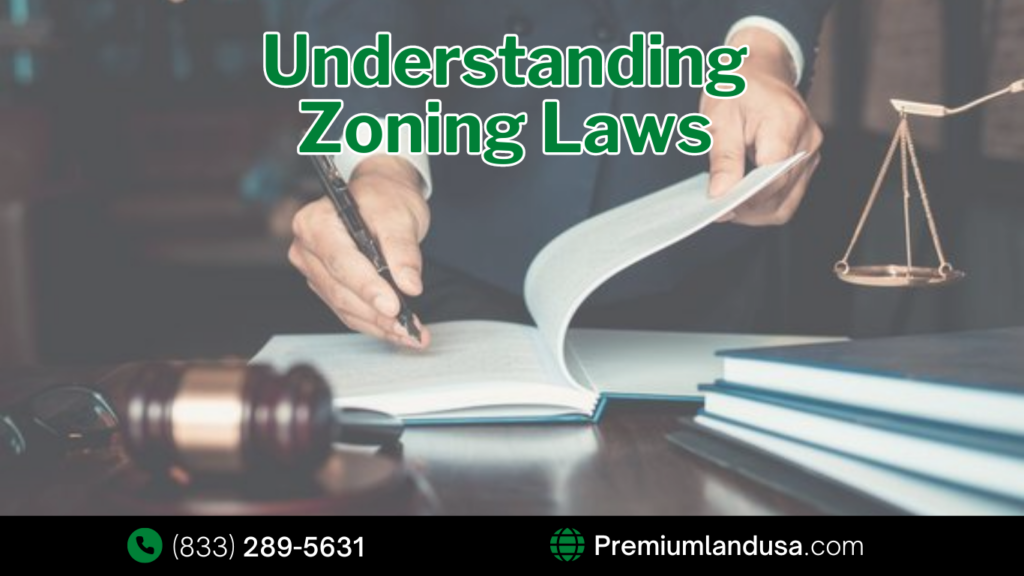Zoning laws play a crucial role in determining what you can do with your vacant land. Here’s a comprehensive guide to understanding these regulations:
What are Zoning Laws?
Zoning laws are regulations set by local governments to control land use and development. They divide land into different zones, each with specific rules and restrictions (American Planning Association).
Types of Zoning
Residential: Allows for housing developments, including single-family homes, apartments, and condos.
Commercial: Permits businesses such as retail stores, offices, and restaurants (National Association of Realtors).
Industrial: Designated for manufacturing, warehouses, and other industrial activities.
Agricultural: Intended for farming, livestock, and related activities.
Mixed-Use: Combines residential, commercial, and sometimes industrial uses in one area (Institute for Local Self-Reliance).
Why Zoning Laws Matter
Understanding zoning laws is essential for several reasons:
Compliance: Ensuring your intended use complies with zoning regulations can prevent legal issues and fines (Municipal Research and Services Center).
Development Plans: Zoning laws dictate what you can build, the size and height of structures, and how the land can be used.
Property Value: The zoning classification can affect the value of your land, with commercial and residential zones typically being more valuable than industrial or agricultural zones (Zoning Ordinance Reference Guide).
How to Determine Zoning
Visit Local Government Offices: Your local planning or zoning department can provide zoning maps and detailed information.
Online Resources: Many municipalities offer online tools to check zoning classifications and regulations (U.S. Department of Housing and Urban Development).
Hire a Professional: A land use attorney or zoning consultant can help navigate complex zoning issues.
Common Zoning Restrictions
Building Setbacks: Minimum distance buildings must be set back from property lines.
Lot Coverage: Maximum percentage of the land that can be covered by structures.
Height Limits: Restrictions on the height of buildings.
Parking Requirements: Minimum number of parking spaces required for commercial properties (Municipal Zoning Handbook).
Rezoning and Variances
If the current zoning doesn’t fit your plans, you can apply for rezoning or variances:
Rezoning: Request to change the zoning classification, typically requiring approval from local government (Smart Growth America).
Variance: Request an exception to specific zoning regulations, often granted for unique property conditions.
Final Thought
Understanding zoning laws is a critical step in maximizing the potential and value of your vacant land. Whether you’re planning to develop, sell, or hold the property, staying informed about the regulations and working closely with zoning authorities or professionals can save you time, avoid legal issues, and increase the property’s long-term value. Always ensure that your land use aligns with local zoning regulations to protect your investment and achieve your goals.
References:
American Planning Association, “Zoning Fundamentals.”
National Association of Realtors, “Zoning and Land Use.”
Institute for Local Self-Reliance, “Guide to Mixed-Use Zoning.”
Municipal Research and Services Center, “Zoning Law Compliance.”
Zoning Ordinance Reference Guide, “Zoning Classifications and Property Values.”
U.S. Department of Housing and Urban Development, “Online Zoning Tools and Resources.”
Municipal Zoning Handbook, “Common Zoning Restrictions.”
Smart Growth America, “Rezoning and Variance Procedures.”

